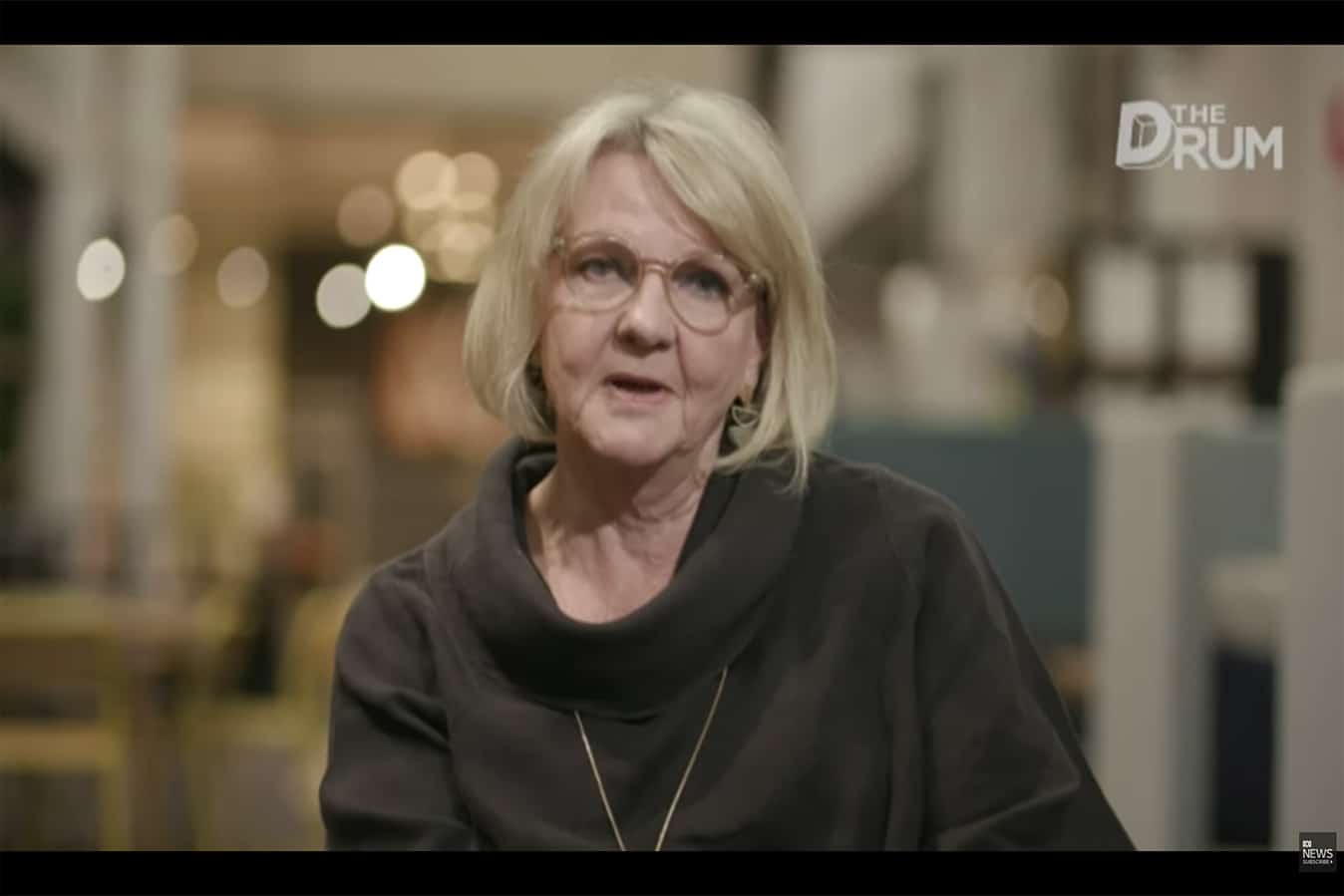Nurses must be at the policy making table for the sake of our nation’s health was the message Professor Emerita Jill White voiced on ABC’s The Drum on International Nurses Day, 12 May.
Speaking with interviewer Julia Baird, Professor White, who is professor of the Faculty of Nursing and Midwifery at the University of Sydney and the Faculty of Health University of Technology and Australia’s Nursing Now Campaign Board member for the WHO’s Western Pacific, said the work of nurses was appreciated by the community given they are voted ‘most trusted’ year after year.
“The warmth that has come towards us during the COVID issue is absolutely palpable. Nurses must have put on kilos with the Easter eggs that came forth.
“But I think it’s a bit of an anachronistic understanding what nurses do. What people are constantly talking about, if they are talking about nursing at all, is the hand holding and the compassion.”
Professor White said while hand holding and compassion was important nurses also needed to be seen as professionals.
“I think we would like to see a lot more recognition as hard working well educated professionals, not just nice people who hold your hand and that are trusted, as important as that is.”
Professor White said to change the perception nurses needed to be more involved in policy and decision making.
“Nurses are the implementers of almost all health policies and yet very rarely are nurses included in the conversations about framing the problem, not just finding the solution.
“And we really want to be, and need to be for the sake of the health of the population, [we need to be] there before the policy making table, from the very first conversations that are had about how we build a better healthcare system and how we use health professionals better.”
Professor White highlighted a recent primary healthcare study to demonstrate her point.
“The study showed that in the community 45% of primary healthcare nurses are not working to their full scope of practice.
“There are more things they can do and want to do but the funding situation is such they can’t do it at this stage.”
Professor White attributed the lack of funding, which has resulted in the contraction of primary nursing, to state and federal funding models and responsibilities.
“Where as we know that if we are going to have a reasonable healthcare for Australians without people going into poverty or without missing out we need our nurses working in the community.
“In order to do that there needs to be a funding source and at the moment the predominate funding source for healthcare in the community is private practice through GPs.
“The federal government looks after GPs but they have little room for conversations about funding nurses’ activities in the community,” Professor White said.
“In fact nurses are stuck in a completely invidious situation where the work that they do for general practice has to be done under this very strange terminology, which is ‘on behalf of the GPs’.
“So the only way they can be paid is through someone else’s payment system- the nurse can’t be paid directly.”








